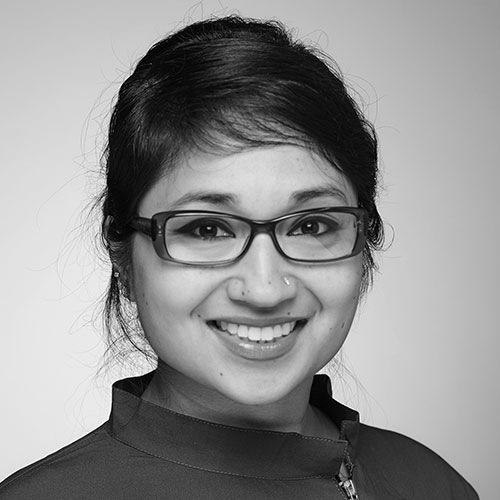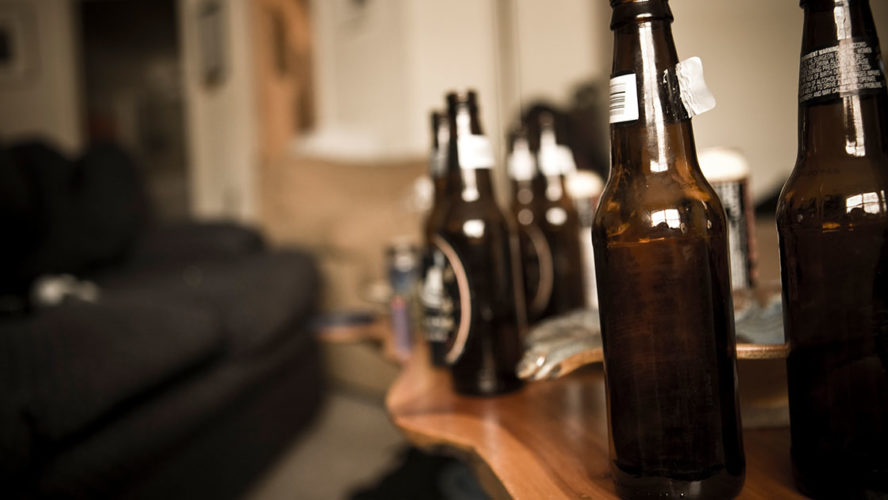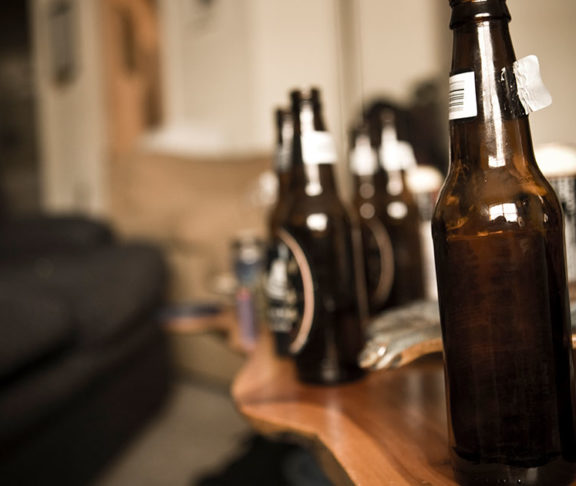In still-developing college-aged brains, substance abuse can have a powerful — and negative — impact.

Smita Das, M.D., Ph.D., M.P.H.
Chair, American Psychiatric Association (APA)
Substance use among college-aged students is on the rise — 44% of college students reported using marijuana, nearly 9% reported using hallucinogens, and 54.9% of full-time college students drank alcohol in the past month.
“Substance use can develop into a substance use disorder (SUD),” says Smita Das, M.D, Ph.D., M.P.H., chair of the American Psychiatric Association (APA)’s Council on Addiction Psychiatry. “Between the ages of 18 to 25 the brain is still developing, and it’s vulnerable.”
Risk perception
A big factor is what Dr. Das terms “risk perception.” “When somebody thinks that something is less risky, use goes up,” she notes. “The risk perception of cannabis and hallucinogens is at an all-time low while their use among college students is at an all-time high.”
Education and communication should begin before students are college-aged to help combat misinformation, like some popular misperceptions surrounding cannabis. “One of the main misperceptions about cannabis is that it’s not addictive,” Das notes. “But 9-15% of cannabis users will develop a cannabis use disorder.”
Helping college students cope
Substance use by college-aged students is closely associated with other mental health problems: 37% of alcohol abusers and 53% of drug abusers also have at least one serious mental illness.
“Investment needs to happen in at the college mental health level, but also leading up to that,” Das says. “We want to help someone who is engaging in risky drinking behavior before they develop an alcohol use disorder.”
Das encourages students concerned about substance use to reach out to healthcare professionals. “I’m just so impressed when I have a college student show up for a visit because taking that first step is huge,” she says. “It doesn’t matter if we achieve something in that first visit. The most important thing is that they’re talking about this.”

